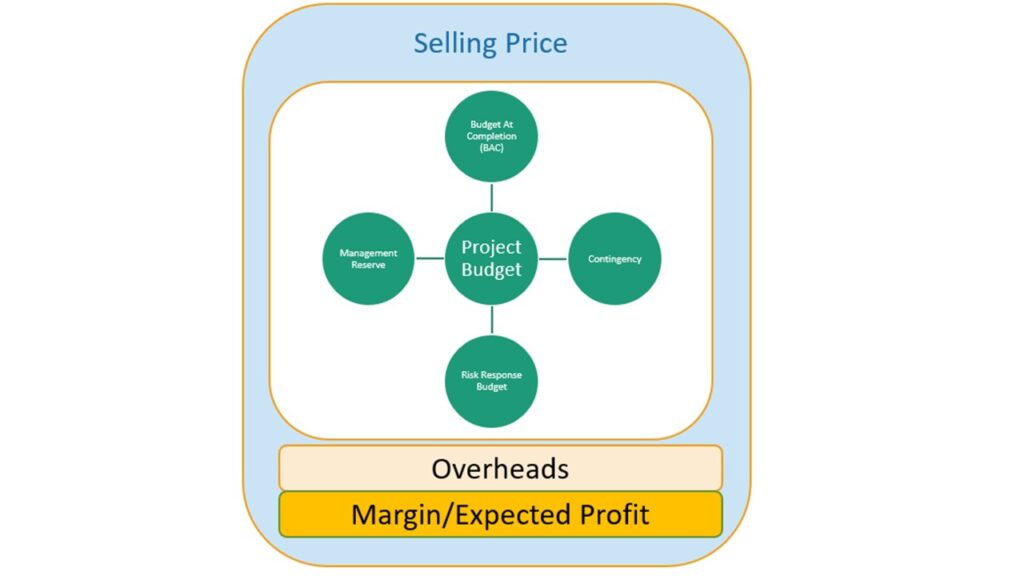Blog
Project Management: Be Proactive, Not Reactive

Are you ready to elevate your project success by embracing a proactive approach instead of constantly reacting to issues?
Project management is an act of anticipation, not reaction. This means that if a reaction is needed, the problem has already occurred. It may be due to scope, timeline, budget, or quality. As a result of a reactive situation, actions will always be taken in a state of panic, which introduces bias into the decision-making process. This type of situation can result in stress, conflicts, and harm to the project’s overall value creation.
When analysing these situations, the scope set forth in the contract was open-ended. This, in turn, would impact the timeline with improper resource allocation. In addition, the budget structure of the project was inadequate and thus reduced transparency. Sometimes this may occur due to a lack of proper risk analysis and documentation.
Scope of Work Definition
A clearly defined ERP project scope keeps you on track and helps you execute proactively rather than reactively. There are 3 essential components to define the scope of work:
1. Central Scope Statement
- Project Goals
- Deployment locations
- Number of Legal Entities
- Affected departments
- Systems to be replaced
2. Detailed list of functional areas and requirements broken down further into functions:
- Project Goals
- Deployment locations
- Number of Legal Entities
- Affected departments
- Systems to be replaced
For Example:
It’s crucial to evaluate the specific needs of your organization’s mobile functionality, including employee requirements for accessing ESS Mobile and warehouse managers needing real-time inventory data. Integrations and custom-developed outbound documents should also be considered to ensure a tailored mobile strategy that meets the needs of both employees and customers.
3. Change Management Process
- Detail how you plan to govern change requests
- Provide details on who can request a change, who has the authority to approve it, and what should be considered when deciding what changes to approve

Clarity on the Estimation Process
Resources
- Fundamental resources required for the entire execution of the project
- Any part of the scope to be outsourced to a third-party vendor
- Additional resources (in-house or outsourced) are needed for unexpected events.
- Onsite/offsite execution matrix by resources by stages of the project
Budgets
Budget at Completion (BAC): represents the number of resources estimated as necessary to complete the project, i.e. the scope of work defined in the contract
Contingency Reserve (CR): is an amount to cover deviations, which are essential issues caused by unforeseen events. This can be a certain percentage of BAC, and usually, it is 10 percent
Risk Response Budget: is an amount to cover deviations, which are essential issues caused by unforeseen events. This can be a certain percentage of BAC, and usually, it is 10 percent
Management Reserve (MR): represents the amount available to address unforeseen works within the scope of work. This is basically controlled by the Project Sponsor

Cost Baseline
These four envelopes of the project budget are connected and interdependently related. Whenever a project team faces an issue (unpredicted event), they transfer the necessary budget from the CR into the BAC and update the cost baseline.
The same principles apply when facing the occurrence of a risk (predicted event) by taking the corresponding budget from the Risk Response Budget and updating the BAC.
Along with scope definition, resource scheduling, and budgeting, it is critical to detail all the assumptions, constraints, and dependencies when entering into a contract with the customer. A proactive project manager will be able to avoid surprises with this final element.
When there is a potential for integration, we should consider how licenses are included/excluded, API availability, third-party vendor involvement, and our in-house team for providing APIs from the other system. So, it is imperative to prepare well before you execute.
To achieve project success, a proactive approach to project management is crucial. A reactive approach leads to panic, biases, stress, conflicts, and reduced project value. To be proactive, project managers need a defined scope, a change management process, a transparent estimation process, and an understanding of project assumptions, constraints, and dependencies. These elements help avoid surprises, plan for risks, and ensure success, creating value for the customer and project team.
Ready to take your project success to the next level? To learn how to implement a proactive project management approach and achieve success while creating value for your team and customers contact us at info@intertecsys.com
